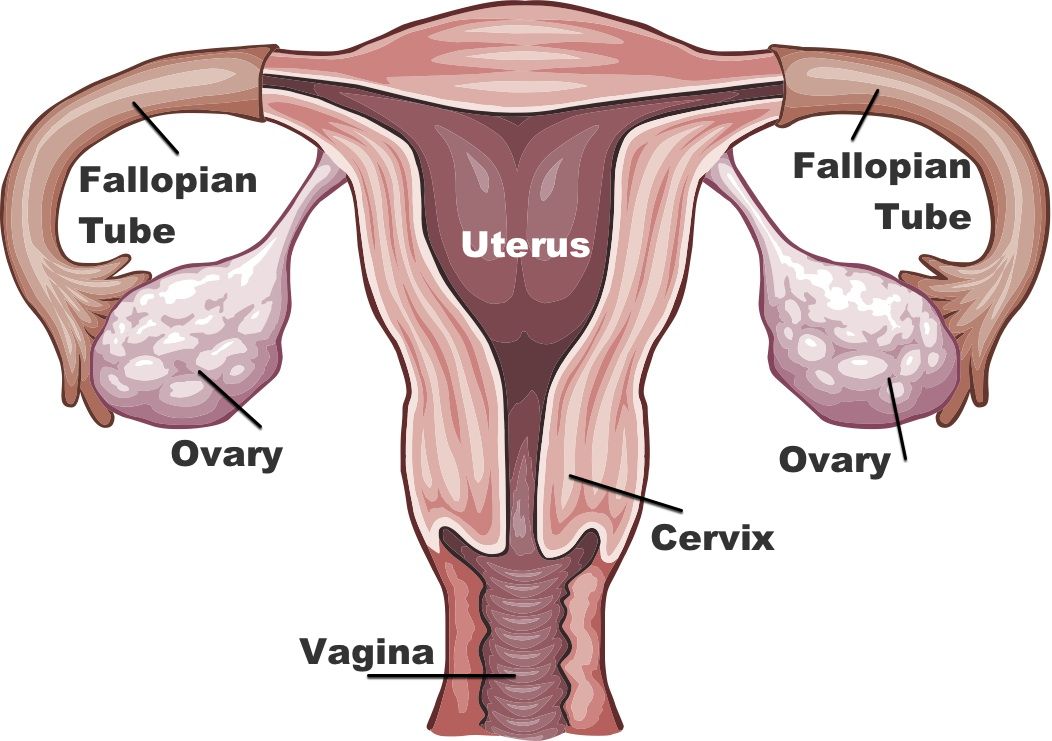Advancements and Research
Step Forward to Help Advance Medicine!
Male-dominated research has resulted in the underrepresentation of women, resulting in underdiagnosis or misdiagnosis of diseases, undertreatment, doctor’s thinking that their patients are hysterical. Removing the gender barrier in medical research is equally as important as gender equality in the clinical setting. In this page, you will be able look at different ideas and topics that are commonly underrepresented in women minorities, the process to enter into a research lab, and sample articles that were written by a team not led by males about conditions that are not as represented within the female population.
Medical Conditions Commonly Misdiagnosed in Women and Non-Binary Individuals That Need To Be Researched
- Polycystic Ovary Syndrome (PCOS)
- Lupus
- Irritable Bowel Syndrome (IBS)
- Fibromyalgia
- Coronary Artery Disease (CAD)
- Rheumatoid Arthritis
- Multiple Sclerosis
- Autism
Ways to Find A Research Lab to Start Your Research Experience
- Look for a nearby college or university that does research in a field that interests you (or a field mentioned above)
- Look at labs within the institution and look at articles that seem to be of interest to you
- Contact the private investigator that is in charge of the lab and see if they have any openings.
- If so, schedule an interview with the investigator. If not, go back to step 2 and repeat the process


